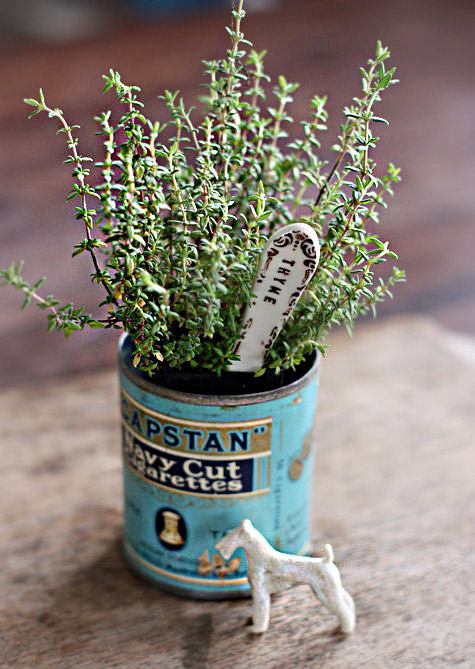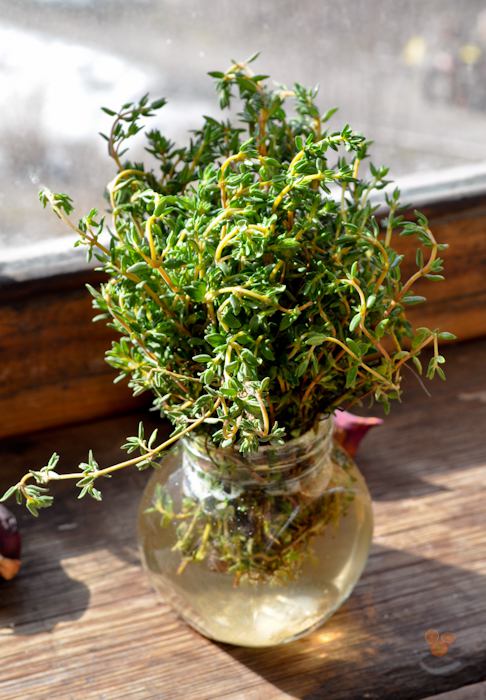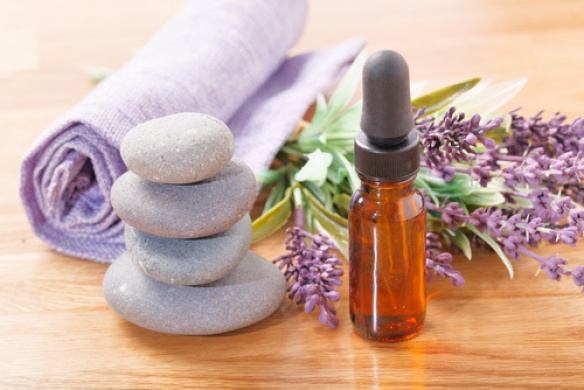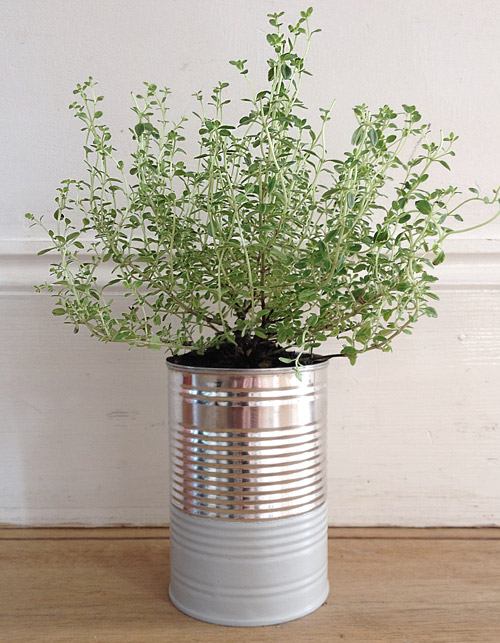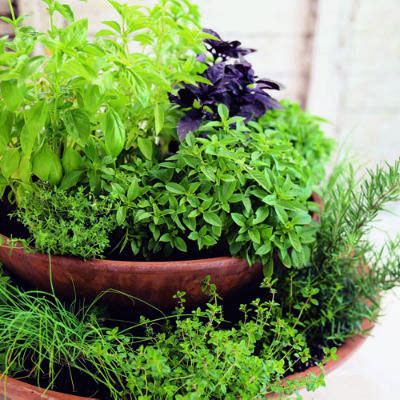In many European countries, thyme has a rich tradition in medicine. Slavs referred to thyme as the “Holy Mother’s Herb,” adorning icons of the Virgin Mary with bundles of thyme. Thyme has been used in medicine for centuries.
For example, in Armenian folk medicine, thyme tincture is still used for constipation, liver diseases, and as a spasmolytic.
Italians marinate olives with thyme and use it in their baths.
In Polish folk medicine, thyme is used for its bactericidal, calming, and anti-inflammatory properties, treating rheumatism, bronchitis, asthma, and as a diaphoretic. It is also used to rinse the eyes in case of infections.
Austrian doctors use thyme infusions or extracts to treat gastritis, as a natural antihelminthic, for bloating, and for gargling. Thyme is often more effective than many synthetic anti-inflammatory drugs.
In Germany, thyme flowers are used to treat coughs, as a wound healer, and for aromatic baths. Thyme essential oil has powerful bactericidal and antiviral properties, thanks to its unique chemical composition .
Thyme tea helps normalize bowel movements, eliminates fermentation and spasms, and generally benefits the stomach and intestines.
Recipes:
Thyme Decoction: Steep one tablespoon of dried thyme leaves in a cup of boiling water over a steam bath for 30 minutes. Strain and take 1-2 tablespoons 3 times a day.
Thyme Tea: Steep one teaspoon of thyme in boiling water for 10 minutes. Can be combined with other teas and additives. Drink up to three cups a day.
Digestive Blend with Thyme: Thyme 20 grams, caraway 10 grams, peppermint 10 grams, common centaury 10 grams.
Chest Blend with Thyme: Thyme 20 grams, primrose root 10 grams, anise 10 grams, plantain 10 grams, sundew 10 grams.
To prepare blends, steep 2 teaspoons in 250 ml boiling water for 10 minutes and drink 3 cups a day.
Thyme Extract: Take one teaspoon 3 times a day.
Contraindications: Pregnancy, renal insufficiency, exacerbation of ulcers, emphysema, thyroid hypofunction.
I grow thyme in a pot on my windowsill .
